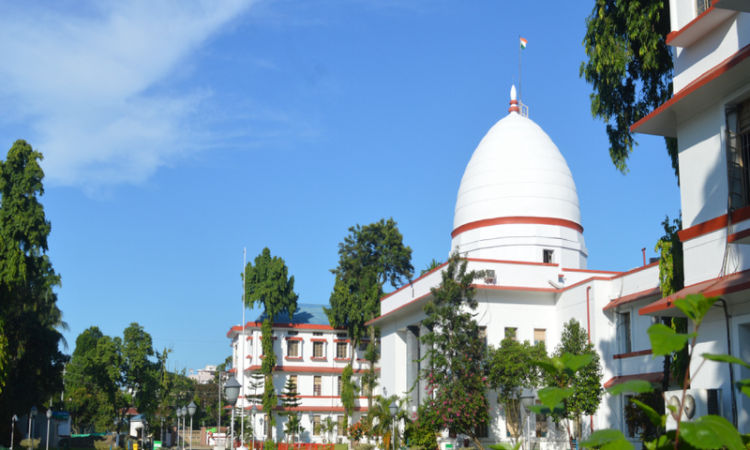CAT Cannot Condone Delay In Filing Review Application: Gauhati High Court
Udit Singh
5 April 2023 9:00 AM IST

Next Story
5 April 2023 9:00 AM IST
The Gauhati High Court recently reiterated that the Central Administrative Tribunal (CAT) has no power to condone the delay and entertain a review application beyond a period of 30 days. The division bench of The Chief Justice Sandeep Mehta and Justice Soumitra Saikia observed:“The Tribunal shall have no power to condone the delay unless expressly conferred the power by the statute creating...
